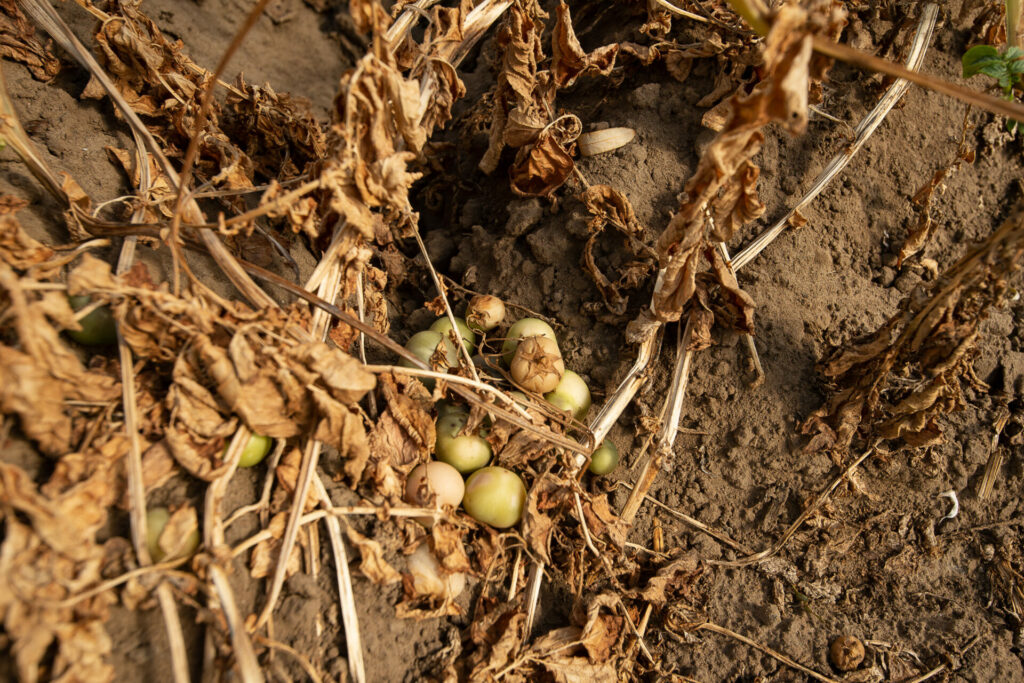The world is at risk of an imminent water crisis due to overconsumption and ‘accelerated’ freshwater pollution, a new UN report finds.
Global water use has increased by 40% in the last four decades and it may rise a further 20 to 30% by 2050. The growing effects of climate change are bound to increase seasonal water shortages in regions whose water resources are scarce as well as those unaccustomed to drought.
Currently, 26% of the global population lacks access to safe drinking water; 46% does not have basic sanitation.
“Vampiric overconsumption and overdevelopment, unsustainable water use, pollution and unchecked global warming are draining humanity’s lifeblood, drop by drop,” wrote UN Secretary-General António Guterres in the report’s foreword.
The UN report was published ahead of the UN water summit on Wednesday. The conference takes place in New York and is the first major UN meeting on water since 1977.
The EU has already committed to reducing water use by setting water-saving standards on products, increasing the restoration of rivers and to tackling pollution by cutting in half the amount of pesticides and plastic litter at sea.
Should we be doing more to protect our most valuable resource? Data from the @PacificInstitut shows that water conflicts are surging in most regions of the world. Experts believe the situation will become more intense in the coming years.
— Statista (@StatistaCharts) April 21, 2022
Agriculture currently takes up 70% of the world’s water use and the UN report predicts a growing competition for freshwater between cities and agriculture. Overall demand for water in urban areas is projected to increase by 80% by 2050. This is a grim perspective for Belgian cities, which have already been shown to be depleting their water resources at the highest rate in Northern Europe.
The average Belgian consumes 7,400 litres of water per day – equivalent to almost 100 bathtubs and more than double the water usage of an average world citizen. In fact, Belgium depends on other countries for more than two-thirds of its water consumption.
Related News
- Belgium in Brief: Can we trust our parents with the planet?
- Rising tap water prices in Brussels are 'symptom of water sector crisis'
Despite getting a lot of rain, Belgium is currently actually struggling with water scarcity. Water is quickly drained after rainfall and does not seep into the soil. At the same time, precipitations are irregular and erratic, creating periods of extreme rain and periods of dryness.

